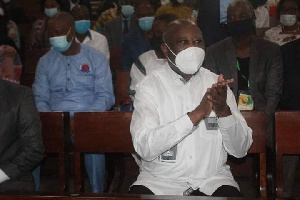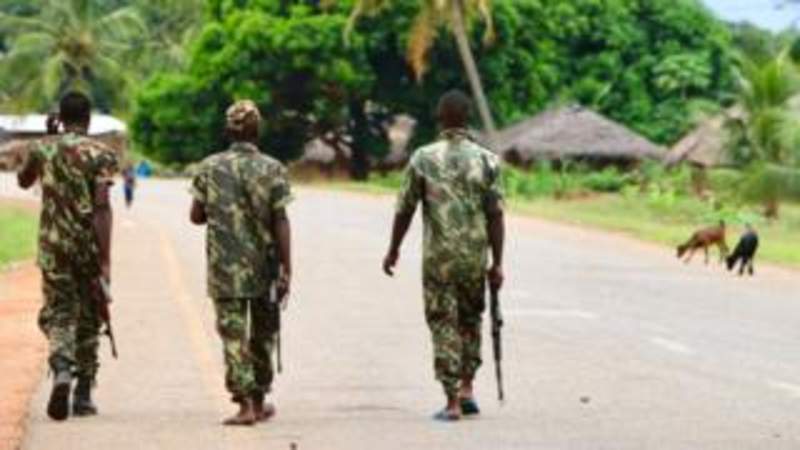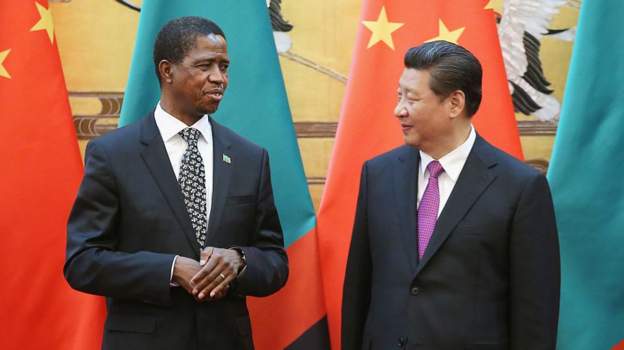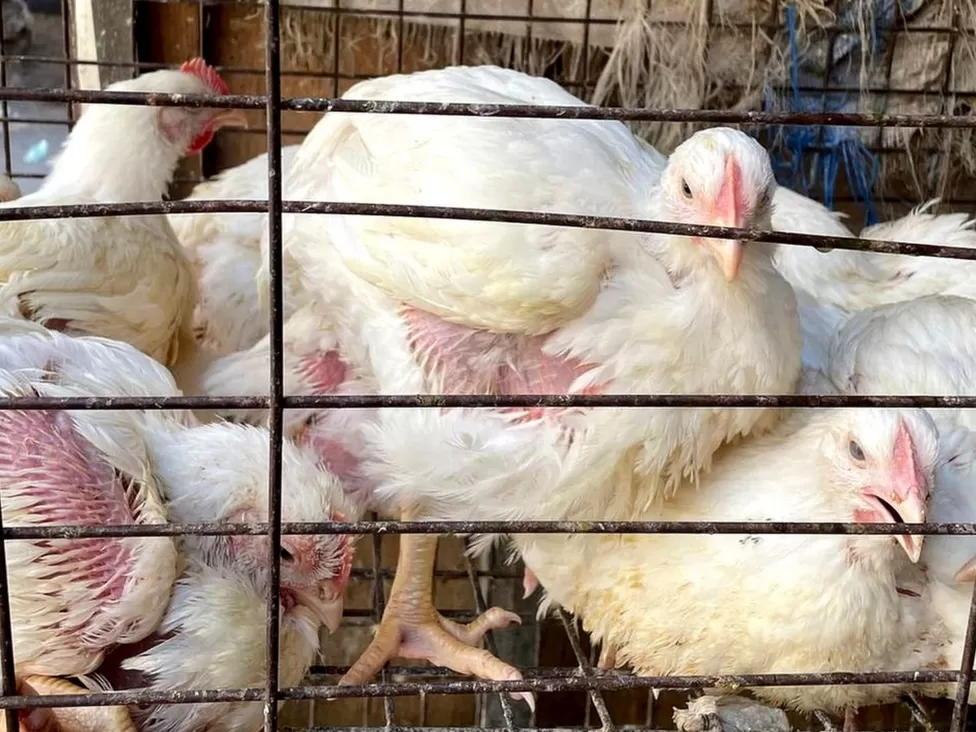Polls close in Mali amid coronavirus threat, security fears
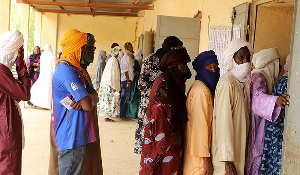
Polls have closed in Mali’s long-delayed parliamentary elections which were held despite concerns about security and the coronavirus pandemic.
Sunday’s vote came hours after the violence-hit West African country announced its first coronavirus death and days after main opposition leader Soumaila Cisse was kidnapped by unidentified gunmen.
The vote was expected to see new MPs elected to the 147-seat National Assembly for the first time since 2013, when President Ibrahim Boubacar Keita’s Rally for Mali party won a substantial majority.
Parliamentary elections were meant to take place again in late 2018 following Keita’s re-election, but the poll was postponed several times, largely due to security concerns.
After Sunday’s first-round vote, a second round is scheduled for April 19.
Late on Saturday, just hours before polls were scheduled to open at 08:00 GMT on Sunday, the country’s first coronavirus death was announced, with the number of infections rising to 18.
Some 200,000 people displaced by the near-daily violence in Mali’s centre and north will not be able to vote, because “no mechanism has been established” for them to do so, a government official said.
There were security fears about the vote even before the African country recorded its first coronavirus infection on Wednesday amid concerns that the impoverished state of some 19 million people – where large swaths of territory lie outside state control – is particularly exposed to a COVID-19 outbreak.
“There’s a state of emergency both because of the threat of armed groups and the threat of coronavirus,” Al Jazeera’s Nicolas Haque, who has reported extensively on Mali, said.
“Still, Keita on Wednesday said these elections need to go ahead, that they were essential for Mali to head towards peace and national dialogue.”
The government’s election spokesman, Amini Belko Maiga, has admitted that voting conditions were not ideal.
“It’s true that we cannot say that everything is perfect, but we’re doing the maximum,” he said, referring to the threat of coronavirus. He added that hand-washing kits had been distributed in the countryside, while in the capital, Bamako, authorities would make masks and hand sanitisers available.
‘Difficult times’
Casting a shadow over the vote is the fate of Cisse, who was kidnapped on Wednesday while campaigning in the centre of the country.
The 70-year-old, who has been runner-up in three presidential elections, and several members of his team were abducted in an attack in which his bodyguard was killed.
“They were kidnapped by an armed group, whose identity we do not know,” Cisse’s Union for the Republic and Democracy (URD) party spokesman, Demba Traore, said.
He was “likely” being held by a group loyal to Fulani preacher Amadou Koufa, who leads a branch of the al-Qaeda-aligned Group for the Support of Islam and Muslims (GSIM), which is active in the Sahel, according to a security source and a local official.
Cisse and his entourage were probably now “far from where they were abducted,” the security source told AFP news agency.
The URD on Saturday urged its supporters to turn out in even greater numbers.
“In these difficult times our country is going through, more than ever, the party’s activists are resolutely urged to redouble their efforts for a massive participation in the March 29, 2020 elections,” the country’s main opposition party said.
However several other opposition parties called for the vote to be postponed due to coronavirus fears.
“What is at stake in this parliamentary election are ordinary matters such as education, healthcare, access to water and electricity,” Haque said. “But given the circumstances, it’s very difficult to tell whether people will come out and vote.”
Hopes for peace
The country has been plagued by conflict since 2012, when rebels captured much of the country’s arid north.
Armed groups overtook the rebels in the north and swept into the country’s centre, accelerating a conflict which has killed thousands of soldiers and civilians.
Despite the numerous difficulties, experts nonetheless hope that Sunday’s election will lead to reforms that may drag Mali out of its cycle of violence.
In particular, the hope is that the new parliament will implement reforms from a peace agreement brokered between the Bamako government and several armed groups in Algiers in 2015.
Implementation has been painfully slow, although this year saw the Malian army deploy units made up of both former rebels and regulars, one the provisions of the Algiers agreement.
The pact also provides for the decentralization of governance in Mali, a demand of some of the rebel groups.
Source: aljazeera.com

